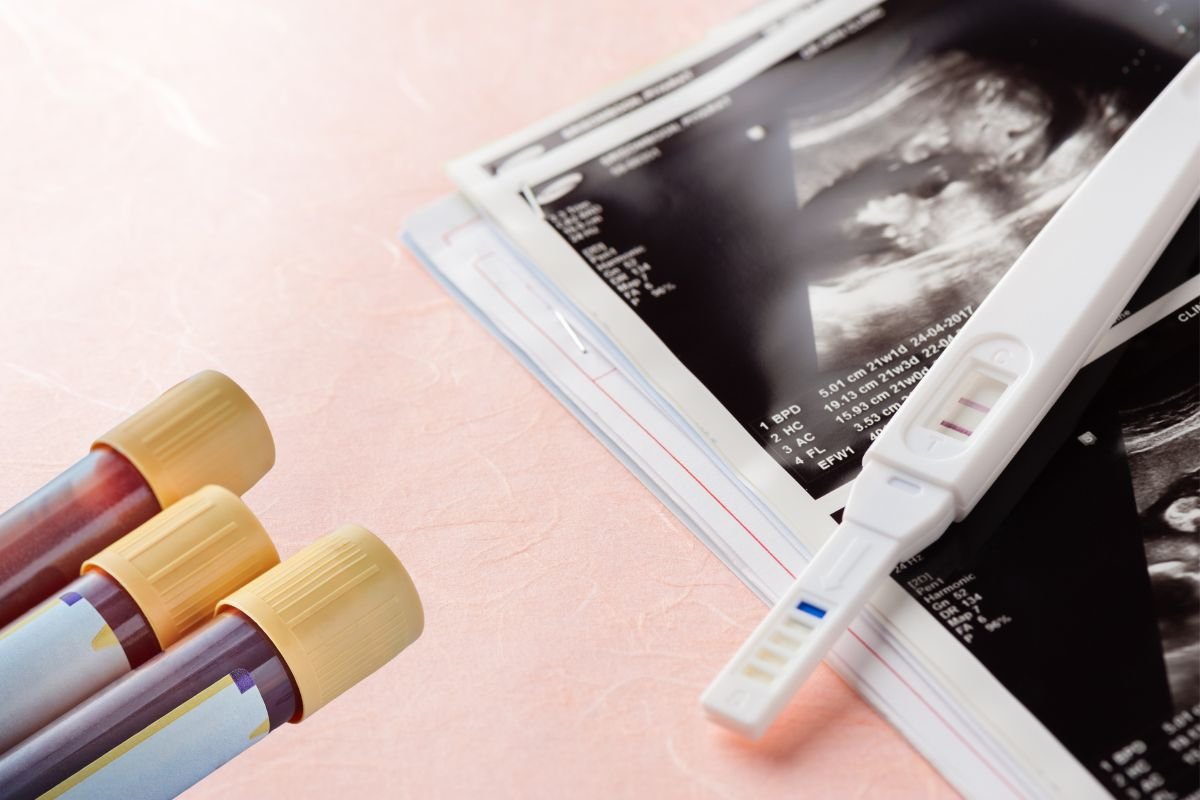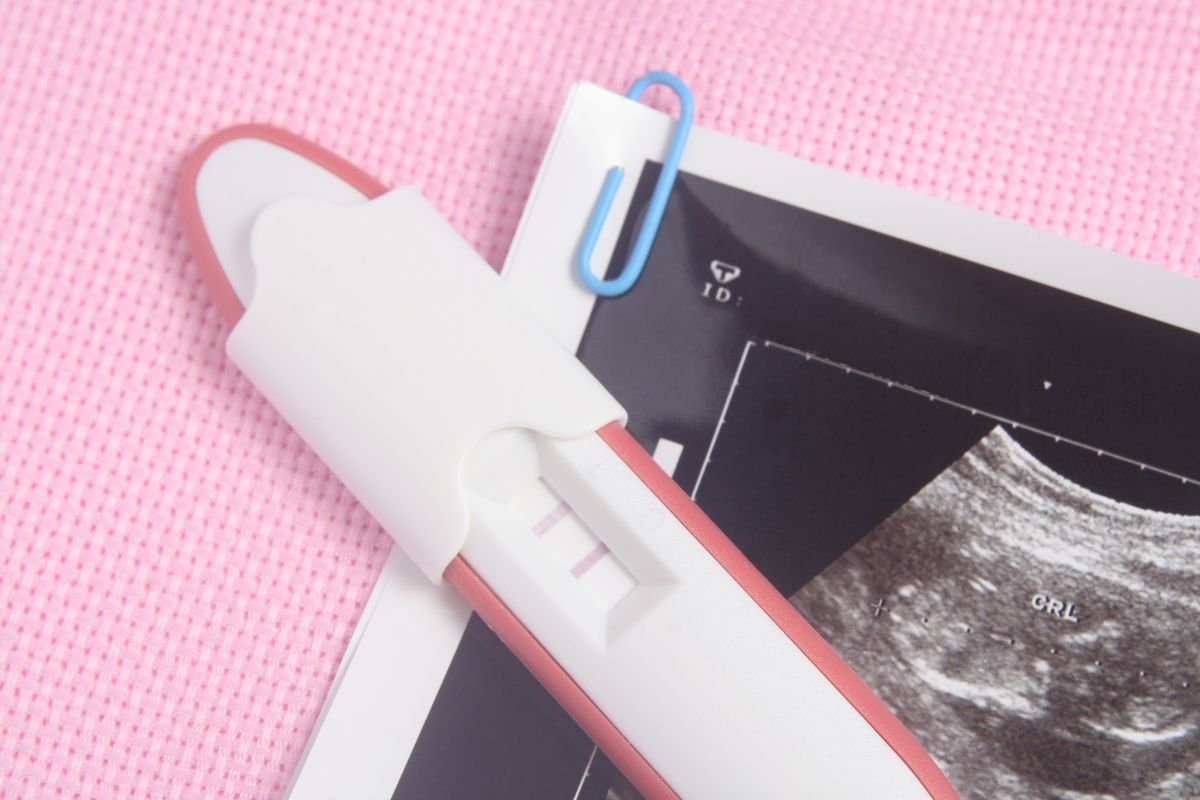Pregnancy is a wonderful experience that every woman goes through. Proper prenatal care is essential for the health of both the mother and child. Every expectant parent should be aware of the importance of prenatal care, which involves regular check-ups with a healthcare provider throughout pregnancy.
In this article, we will discuss why prenatal care is important, common prenatal tests, and what you can expect during your visits to your healthcare provider.
Table of Contents
Importance of Prenatal Care
Proper prenatal care helps medical professionals detect any potential problems early on, making it easier to manage or treat them before they become more serious issues. During regular check-ups with your healthcare provider, they will monitor not only your health but also that of your growing fetus. They can measure the baby’s growth rate, identify possible birth defects that may be present in the fetus if any, and provide treatment accordingly.
There are many benefits associated with getting proper prenatal care besides detecting complications early on; it can lead to healthier pregnancies for both mothers and babies alike. Mothers who receive appropriate antenatal care are less likely to develop gestational diabetes or pre-eclampsia which could cause severe harm to both mother and baby.
Schedule for Prenatal Check-Ups
The frequency of required antenatal visits depends on various factors such as maternal age, medical history, anticipated due date as well as other circumstances related to individual pregnancy conditions. Once you know you’re pregnant after taking a home test or by visiting a doctor for confirmation through an ultrasound scan or blood test; schedule an appointment with a qualified OB-GYN at about eight weeks into pregnancy.
Afterward; depending upon individual cases including high-risk pregnancies (which may require frequent appointments), routine visits are usually scheduled every four weeks until week 28 when there’s typically an increase in frequency from bi-weekly to weekly check-ins till delivery day.
Counseling and Education During Prenatal Visits
During check-ups, OB-GYNs or midwives may provide counseling and education to expectant mothers on various aspects of pregnancy such as nutrition, exercise, breastfeeding, labor and delivery among others. They may also suggest taking childbirth preparation classes depending upon individual cases to support the mom-to-be through this journey.
Expectant parents can take advantage of these visits for discussions with their healthcare providers regarding any concerns they might have about motherhood in general or potential risks related to a specific pregnancy. By having access to this kind of information, parents-to-be can make better decisions for themselves and their unborn children.
Common Prenatal Tests
Prenatal tests are essential components of prenatal care that help detect possible complications early on during gestation. The following list highlights common tests conducted during antenatal visits:
- Blood tests: includes blood glucose levels test/check for anaemia/STD screening
- Genetic testing: tests done via ultrasound or amniocentesis
- Urine Test: To determine the presence of an infection
- Routine ultrasounds: Helps monitor fetal development rate
Blood Tests
Blood tests are routine evaluations that assess maternal health as well as identifying genetic disorders in the fetus. Expectant mothers usually go through several blood analyses throughout pregnancy, including CBC (Complete Blood Count), your doctor will check your iron levels at first prenatal appointment and recurrently thereafter since low iron levels could lead to anemia which is potentially dangerous both for you and baby.
Checking glucose level is also crucial as mothers who develop gestational diabetes tend to deliver larger babies leading up to complicated deliveries. Finally STD screenings are carried out both preconceptionally and throughout pregnancy just in case it wasn’t caught before conception.
Genetic Testing
Genetic testing is used to identify if the growing fetus has any abnormalities in its chromosomes that could result in birth defects. The most common genetic tests are non-invasive prenatal testing (NIPT) and amniocentesis. NIPT is a blood test that screens for specific abnormalities in the fetus, while amniocentesis involves removing a small amount of fluid from the sac around the baby for more comprehensive analysis.
Urine Test
A urine test can provide valuable information about the mother’s health and possible complications during pregnancy. These include checking protein levels in urine which could be an indication of preeclampsia, a severe condition that increases blood pressure affecting both mother and baby as well as detecting any urinary tract infection (UTI).
Routine Ultrasounds
Ultrasound scans are typically routine procedures conducted on pregnant women to monitor fetal development rate. Prenatal ultrasound helps identify potential birth defects such as Down syndrome at an early stage allowing doctors to make necessary accommodations to support both mother and child during delivery.
Fetal Heart Monitoring
Fetal heart monitoring is used to monitor the heartbeat of your growing fetus. This process involves attaching external monitors onto a pregnant woman’s abdomen or placing internal devices through her cervix into her uterus directly. It helps detect changes in fetal heartbeat rate indicative of distress, enabling doctors to take appropriate action immediately.
Group B Strep Test
Group B strep is present naturally within some individuals’ genital tracts; however it has been known to cause infections when passed down from mother-to-child during delivery. Doctors conduct routine screening tests using swabs from vaginal or rectal areas during 35-37 weeks gestation period; those who test positive will need antibiotics given intravenously during labor with subsequent continuous monitoring.
Glucose Screening Test
Glucose screening tests help determine if an expectant mom has developed gestational diabetes – A type of diabetes that develops only during pregnancy leading up to large babies born via complicated deliveries resulting in C-sections.
Strep B Test
Strep tests are essential in detecting and treating any type of streptococcus infection, which can cause serious complications during pregnancy if left untreated. Early identification is crutial as treatment with antibiotics is usually effective before the baby is exposed.
Non-Stress Test
Non-stress tests are used to monitor fetal heart rate during the final trimester of pregnancy to ensure that there’s adequate oxygen supply getting through to the fetus via placenta. It may also be suggested for women who are past their due date, have had prior premature deliveries or have preexisting medical conditions such as diabetes or hypertension.
Kick Counting
Kick counting helps you keep track of your baby’s movements starting from week 28 generally. By tracking kicks/movements within a specified period (usually an hour); mothers can recognize patterns and identify any changes that may be indicative of developmental issues down the line so they could notify their healthcare provider immediately.
Biophysical Profile
A biophysical profile test is often done when there’s a suspicion that something might be amiss with baby. This assessment combines ultrasound evaluation along with non-stress testing techniques for an extended period (around 30 minutes). Doctors will study aspects such as fetal breathing movement, muscle tone & reflex, amniotic fluid level, heart rate patterns etc., determining whether interventions like induction therapy or delivery need to happen at this point based on results obtained.
Conclusion
In conclusion, prenatal care and common prenatal tests are crucial components of healthy pregnancy management, providing expectant parents access to valuable information regarding maternal health along with potential risks related to specific pregnancies both mother and child’s wellbeing throughout gestation process.
Regular prenatal check-ups offer opportunities for discussions between parents-to-be and healthcare providers about different aspects of childbirth while keeping track on things that matter most: development rates, amniotic fluid levels among others leading up successfully towards labor & delivery!



